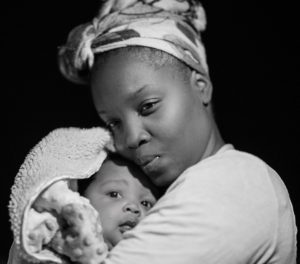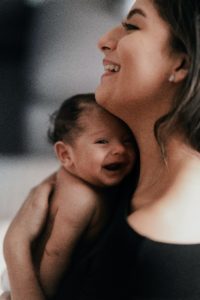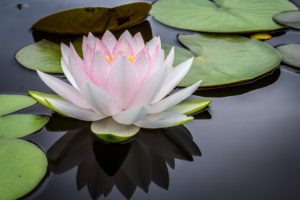


 emotional storms?
emotional storms? Babies who have felt welcomed and consistently treated with respect, kindness and compassion tend to move through their lives with greater ease and resilience. Their social engagement (ventral Vagus) nervous system has been supported to be online and helps them to learn how to self-regulate, stay present and heart-centered into adulthood.
Babies who have felt welcomed and consistently treated with respect, kindness and compassion tend to move through their lives with greater ease and resilience. Their social engagement (ventral Vagus) nervous system has been supported to be online and helps them to learn how to self-regulate, stay present and heart-centered into adulthood. little one. Can you get a sense of you as a little one? As the adult that you now are, is there something you would like to offer that little you? How is it for you to offer it? How does your little you respond?
little one. Can you get a sense of you as a little one? As the adult that you now are, is there something you would like to offer that little you? How is it for you to offer it? How does your little you respond?